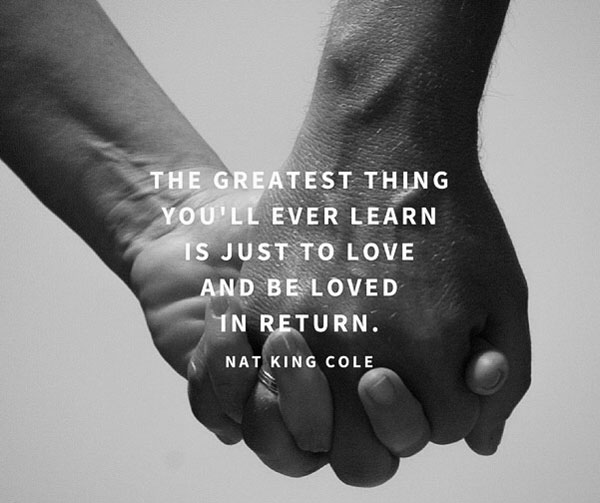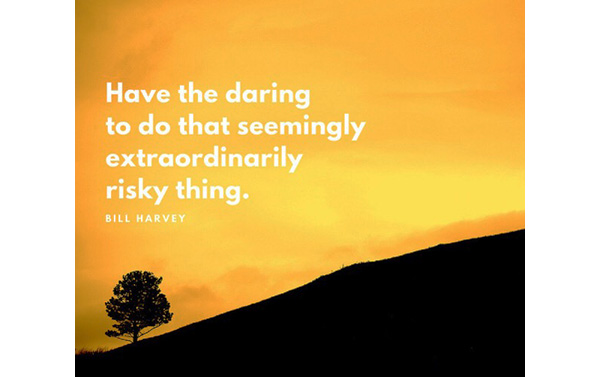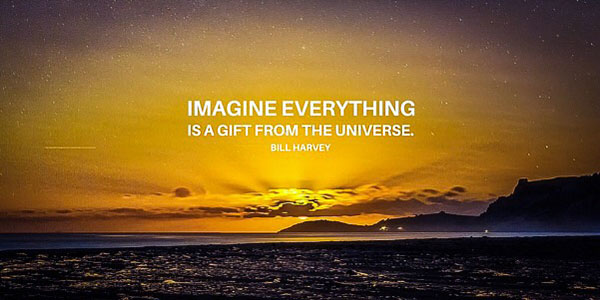Updated July 9, 2021
When I was younger, I would ask this question whenever anyone, even a tour guide in a museum, asked me if I had any more questions.

Internally, it’s the question I asked myself multiple times a day all my life until I felt sure of the answer, which occurred sometime in my 30s.
The underlying question is “What is the meaning of ‘meaning’ in this context?”
The intent of the question is to understand what life is, what its purpose is (if any), what the universe is, what its purpose is (if any), why we are here, who we are, how we are to behave, what our relation is to one another, is there a God, and why are we compelled to consider any of this as relevant or meaningful to the second-to-second management of our personal business of existence.
One alternative to asking and answering this question to one’s own satisfaction is to go about life happily without caring about the question (which could be a Zen-like answer in itself, essentially filing the question away into the “Overthinking” file). Another alternative is to consider life meaningless, which many existentialists did in the last century.
Other than an intuition I had at age 12 that “I am God and so is everyone else”, which I tucked away as an interesting but unexplained aberration, the meaninglessness of life was my own position for the first 30-odd years of life. Around age 20, as I studied philosophy, I put reasoning around this earlier intuition, deciding that one took positions like this based solely on aesthetic preference, since knowability of the answer to What Is the Meaning of Life? was apparently beyond our scope.
In my 30s I had some unusual experiences that also reminded me of similar experiences in my childhood, at which point I felt as I do now — a very strong conviction that I actually know the answer.
The way I see it, all that exists is a single consciousness of such great computing power as to know everything that goes on within itself instantaneously at all times (though God or the One Self is above time). Since we don’t share this omniscience, God gets to play our roles with more drama and excitement. So the meaning of life must be to realize and enjoy this game as our true Original Self does, and thereby re-merge into the Original Consciousness.
| I talk about this theory more in my book You Are The Universe: Imagine That. |
From a practical standpoint, life becomes most meaningful for us to the extent that we realize our own unique gifts; we love doing the things inspired by those talents; we develop a life plan around sharing these things with others, and then we go forward with that plan without being attached to the outcome.
We then have a Purpose, a Mission, which satisfies the thinking mind of our own meaningfulness. Just as I go into meetings with awareness of my preferred outcomes, I set them aside at the last minute so I can go with the meeting flow, taking the standpoint of simply trying to help out everyone else in the meeting as best I can. Pragmatically and empirically, this appears to work best in balancing out the complexities of life as well.
So “What is the meaning of Life?” Enjoying it, loving it, loving all, and helping others to do the same.
“The greatest thing
You’ll ever learn
Is just to love
And be loved
In return.”
— “Nature Boy”, by Nat King Cole
Pragmatically, one’s philosophy of life – i.e., one’s values – will tend to lead to the most rewarding outcomes, to the degree that it does not contain seeds of negativity. For example, if our worldview includes the tendency to sit in judgment of other people, this will create situations of unhappiness for ourselves in the long run. This realization is why Jesus said “Judge not, lest ye be judged”.
The founders of the great religions were, at minimum, seers, visionaries, who grasped the way things work in life, and shared these observations to help others.
The Perennial Philosophy is the synthesis of all this wisdom.
Game Theory leads one to recognize that in the game of life, one is always making bets. If one is betting that the universe is benevolent not accidental, one will live a happier, more fulfilling life. Pragmatically, that is the bet to make, according to Game Theory, whether or not the universe is an accident in reality.
At this time of great crisis in the world, what we all really need the most is the spirit of cooperation and sharing.
Ideologies we have become attached to, groups we have become identified with down to the core of our being, the deification of competition as a perfect Good, the Marxist dialectical materialist love affair with contradiction, mindless devotion to an authoritarian leader, lazy subscription to ideas of others rather than one’s own contemplation of personal empirical experience, are baggage which must be left behind in a deep mind cleanse and reset that is open to new learning from attentive worldly experience, the scientific method applied to life, rising up above the pettiness of one’s own robotical negativity to embrace higher states of being which come with pure unclouded observation as if seeing everything for the first time.
I propose that if you are not yet in that state, to allow it a try. If we all do it starting now, events will unfold that will take us away from the spiral of doom now seemingly at our doorstep.
Love,
Bill
Follow my regular media blog contribution, “In Terms of ROI“ at MediaVillage.com under MediaBizBloggers. Read my latest post.


